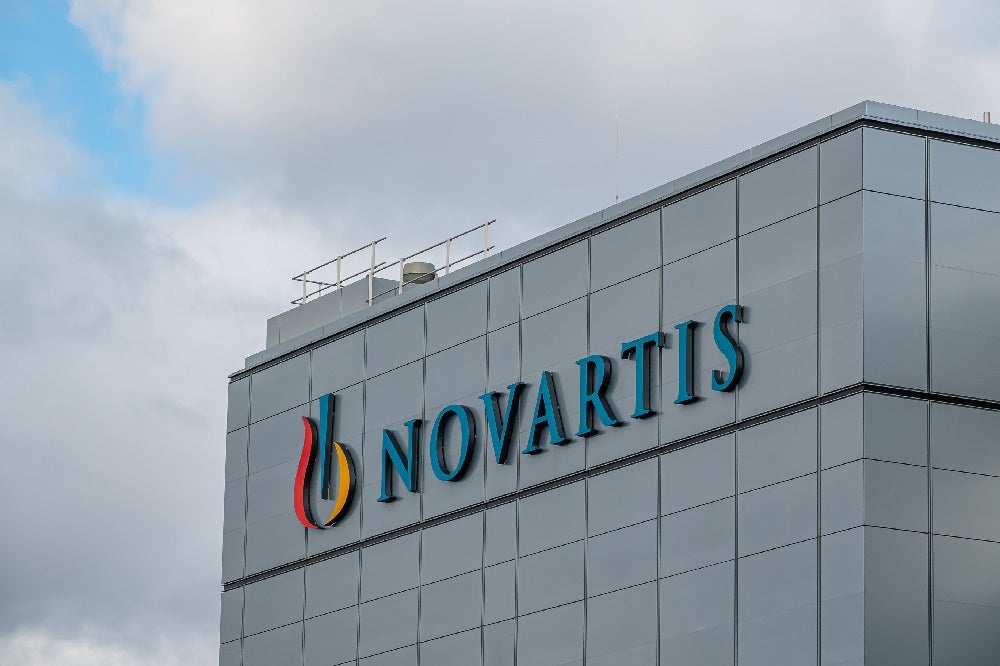On 30 March, Novartis’ Kesimpta (ofatumumab) was approved by the European Medicines Agency (EMA) for the treatment of relapsing forms of multiple sclerosis (RMS) in adults. This follows the approval of Kesimpta by the US Food and Drug Administration (FDA) in August. Approval was based on two double-blind, randomised, multi-centre, Phase III trials (ASCLEPIOS I and II) that evaluated the efficacy and safety of Kesimpta compared to Sanofi/Genzyme’s Aubagio (teriflunomide), an oral, immunomodulatory, first-line treatment with modest efficacy for RMS.
Kesimpta met the studies’ primary endpoint of significant reduction in annualised relapse rate (ARR) by 51% and 59% compared with Aubagio (P<.001 in both studies) in ASCLEPIOS I and II, respectively. Kesimpta also demonstrated superiority versus Aubagio in significantly reducing the three-month confirmed disability progression (CDP), and the number of gadolinium-enhancing (Gd+) T1 and new or enlarging T2 lesions. Furthermore, Kesimpta demonstrated a similar safety profile to Aubagio.
Kesimpta is a humanised monoclonal antibody (mAb) that works by selectively depleting CD20-positive B cells, a specific type of immune cell thought to be involved in the attack on myelin in MS patients. It will be the first B-cell therapy for MS that can be self-administered at home through subcutaneous injection. Home administration will be particularly advantageous given the difficulties and concerns associated with hospital visits for therapies that require intravenous (IV) infusion during the Covid-19 pandemic. Due to the strong efficacy it demonstrated in clinical trials and its route of administration, GlobalData forecasts Kesimpta will have good uptake and a global revenue of $3.3bn in 2028.
Kesimpta, as a second-to-market anti-CD20 therapy for MS, will directly compete with Roche’s Ocrevus (ocrelizumab), which is well established on the market. Ocrevus is administered via IV infusion in a hospital, which can be inconvenient for patients. However, it only needs to be administered twice per year, compared to the once-monthly dosing schedule of Kesimpta. Additionally, in December, the FDA approved a shorter two-hour infusion time for Ocrevus, reducing the treatment burden for patients.
Kesimpta has the potential to steal some of Ocrevus’ market share, with patients switching treatment due to its route of administration. However, GlobalData expects Ocrevus to maintain its position in the MS market due to its high efficacy at reducing relapses and good safety profile, and forecasts it to generate global sales of $7.6bn in 2028.

US Tariffs are shifting - will you react or anticipate?
Don’t let policy changes catch you off guard. Stay proactive with real-time data and expert analysis.
By GlobalData




